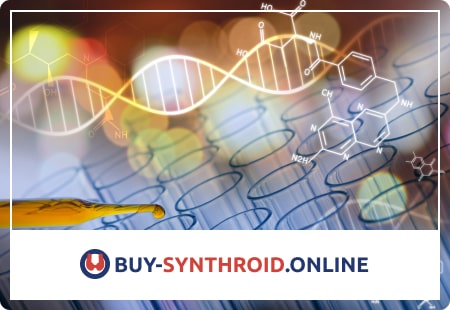

Bioidentical VS synthetic hormones
Hormone replacement therapy is a treatment by replacing hormone deficiencies in the body that is becoming an increasingly popular and understood (finally!) health maintenance strategy around the world. HZT as part of the Age management concept is designed to prevent the consequences of hormonal changes, which subsequently entail a number of dysfunctions and diseases, decreased physical and mental performance, deterioration of reproductive and cognitive functions, which we habitually call old age.
To maintain youthfulness and high quality of life and it is necessary to prevent the occurrence of hormonal imbalance - by taking care of health, maintaining an active lifestyle, proper diet and in no small measure (and even more so with age) - the use of hormone replacement therapy. Mankind has long ago learned to synthesize analogues of natural hormones, which are structurally different from natural hormones, but have the same effect.
 Hormones are substances that activate necessary reactions, and if the body is not able to produce them in the right amount, of course, it is worth helping it to do so.
Hormones are substances that activate necessary reactions, and if the body is not able to produce them in the right amount, of course, it is worth helping it to do so.
Although synthetic hormones are not identical to the natural hormones produced by our bodies, they generally cope with their task and they are most often used in substitution therapy. Oral contraceptives, pregnine, ethinylestradiol, diethylstilbestrol in gynecology, levothyroxine sodium and liothyronine to compensate for thyroid dysfunction, glucocorticosteroids - adrenal, etc.
And although synthetic analogues functionally replace natural hormones, "turning on" the necessary functions and triggering the necessary processes, it is still a different molecular structure, alien to our body, capable of causing not always predictable effects.
An alternative to artificial hormones are also laboratory-created, but still natural analogues of our hormones - hormonal bio-identical preparations, most often of animal origin. Their benefits have been debated long and persistently, but it is still common to prescribe synthetic hormones all over the world.
The question of why this is the case and why to change it is repeatedly raised by Dr. Dach in his publications. Jeffrey Dach, director of the bioidentical hormone clinic at TrueMedMD, MD, of Florida, USA, is convinced that natural medications are superior to their synthetic counterparts in efficacy and safety. He compares the use of bioidentical thyroid hormones and synthetic Synthroid pills containing only T4 to illustrate the opposing approaches.
Synthroid contains the L-isomer of thyroxine (also called T4), which is produced by the thyroid gland. Levothyroxine is the common form of Synthroid (in Europe it is Thyrax, Euthyrox, Levaxin; Eutirox, Levoxyl and Synthroid in North America) - it is thought to have similar biological activity. Bioidentical, on the other hand, is derived from the dried pig thyroid gland and contains thyroxine (T4), T3, T2, T1 and thyrocalcitonin (a peptide hormone that regulates calcium and phosphorus metabolism in the body).
And, despite the fact that the natural preparation contains T1, T2, T3, T4 and calcitonin, and the synthetic one contains only T4, artificial preparations are prescribed much more often for the treatment of hypothyroidism. The main argument against bioidentical hormones is their method of production - thyroid hormones derived from dried porcine thyroid gland create dosing difficulties, as there is no way to standardize the exact amount of dose for each batch.

 The goal of replacement therapy is to keep hormone levels as stable as possible.
The goal of replacement therapy is to keep hormone levels as stable as possible.
This is traditionally thought to be easier to achieve with synthetic drugs (levoxil and synthroid). Another favorite topic of the opponents of bioidentical hormones is related to "mad cow disease" and other ailments of the animals from which these drugs are derived, why opt for supposedly safer synthetic drugs. Is this really the case?
If this were true, the FDA would never recall Synthroid because of stability or activity problems, and would ban natural thyroid pills because they are unstable and difficult to dose. In fact, the FDA says Synthroid is unstable and has varying activity, while bioidentical RLC hormones have not been recalled for being unstable or changing activity! Since Synthroid was created in 1955, the drug was not approved by the FDA until 2002 because of instability and low efficacy.
 DE
DE FR
FR IT
IT ES
ES



